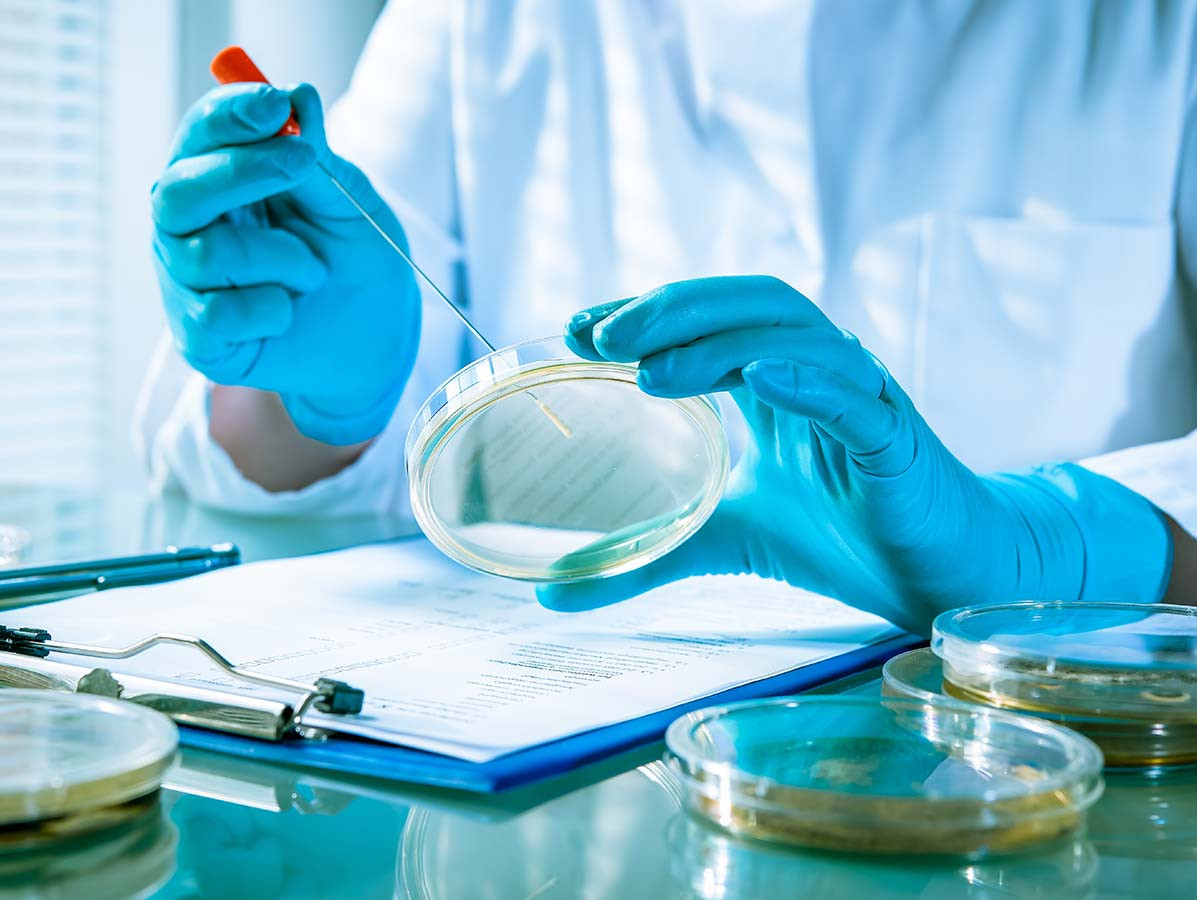
Dutch researchers from the University of Groningen have made significant strides in understanding the protein secretion processes of Bacillus subtilis. These findings could change the biotechnological industry, spanning from food processing to laundry detergents.
Central to this research is Bacillus subtilis, a bacterium renowned for its ability to produce large quantities of high-quality proteins. The efficiency of protein production in B. subtilis is not just effective but also cost-efficient, as the proteins are secreted directly into the growth medium. This simplifies purification and significantly reduces production costs. However, researchers encounter limitations in the amount of protein the bacterium can produce without experiencing stress.
The research, led by Aysegül Öktem, focused on enhancing the understanding of the advantages of B. subtilis compared to other microorganisms and mammalian cells. The findings indicate that while B. subtilis shows promise, its protein secretion process is hindered by various bottlenecks. A key discovery is that altering the bacterial protein quality control to repair misfolded proteins instead of breaking them down leads to increased protein production and improved bacterial fitness.
The study also revealed that removing genes for proteolytic enzymes and deactivating certain proteolytic enzymes within the bacterium improves the stability of the secreted proteins. This opens up new avenues for the biotechnological industry. Furthermore, the research demonstrates that genome reduction, which eliminates multiple counterproductive bacterial processes, results in more efficient protein production.
Source: Rijksuniversiteit Groningen